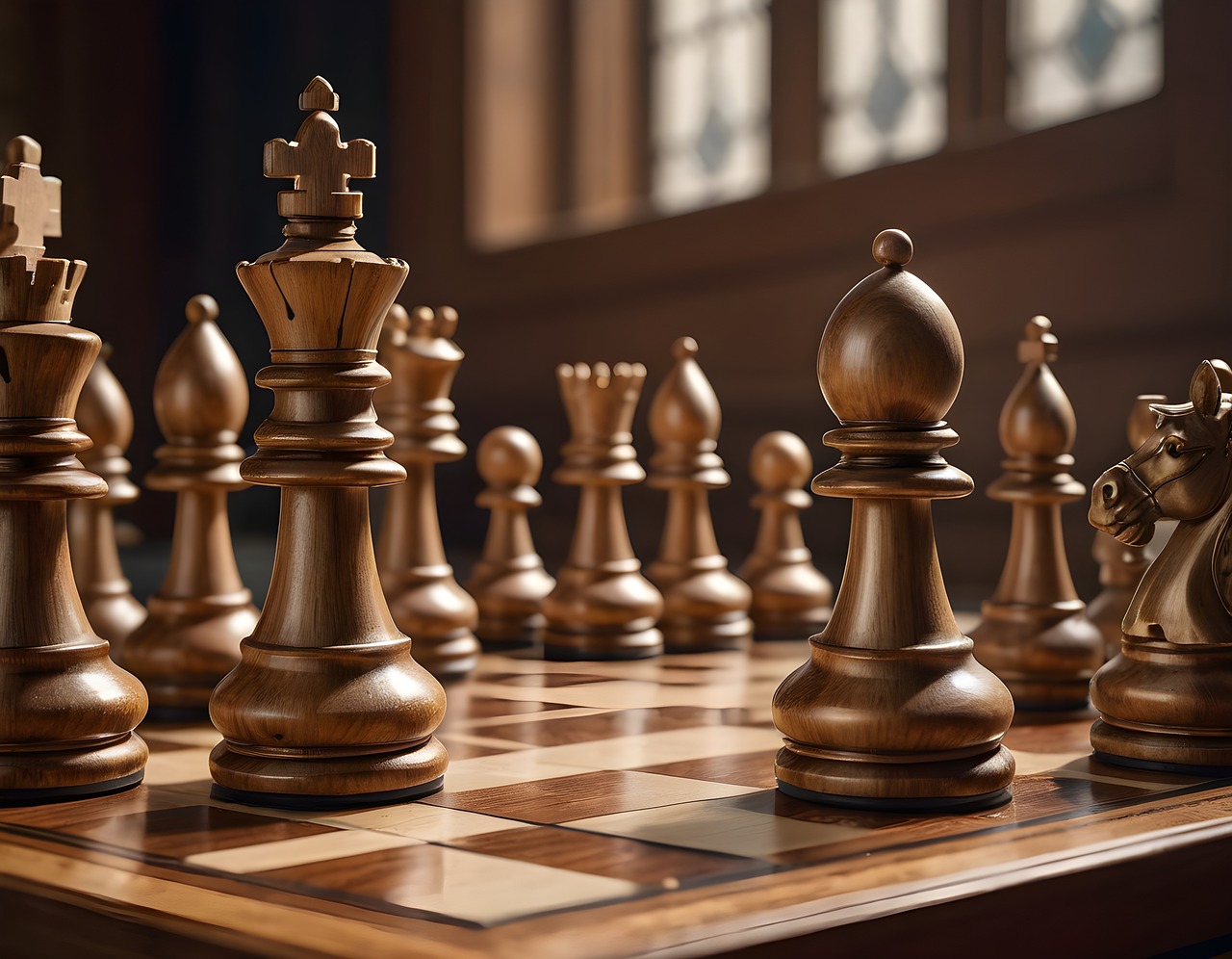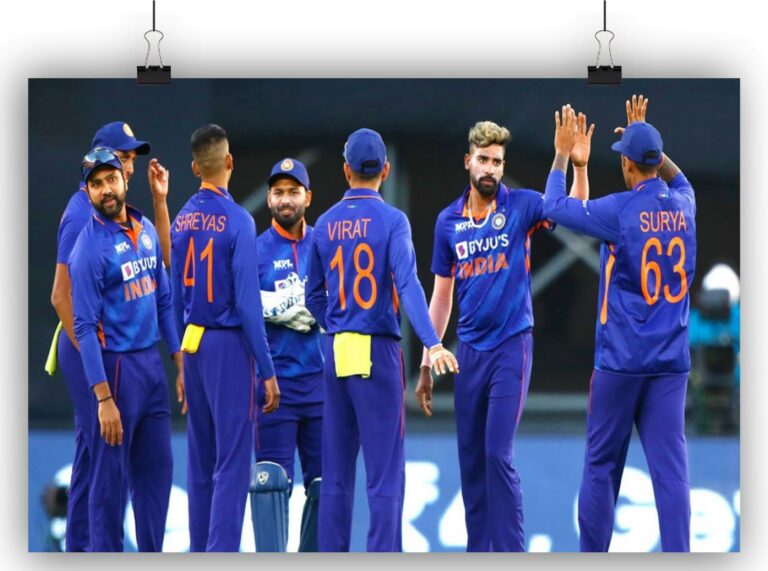Cricket and Sports Diplomacy: Strengthening International Relations Through Sport
Goexch9, Dreamexch: Sports have long been recognized as a powerful tool for fostering diplomatic relationships between nations. When athletes come together on the field, they transcend political and cultural barriers, promoting mutual respect and understanding. Through friendly competition, sports have the ability to build bridges, create connections, and establish common ground between countries with differing ideologies.
The universal language of sports allows individuals to engage in peaceful interactions, regardless of their background or nationality. Whether it’s a football match, a basketball game, or an Olympic event, the shared passion for sports can unite people and serve as a platform for dialogue and cooperation. By focusing on teamwork, sportsmanship, and fair play, sports diplomacy has the potential to promote peace, enhance international relations, and contribute to a more harmonious global community.
The Role of Cricket in Bridging Nations
Cricket, often referred to as a gentleman’s game, holds a significant place in the realm of diplomacy between nations. This sport has the unique ability to transcend borders and bring together people from different cultures and backgrounds onto a common platform. The shared love for cricket fosters camaraderie and mutual respect among nations, setting aside political differences and promoting peaceful interactions.
Numerous instances throughout history have showcased how cricket has been instrumental in fostering diplomatic relations between nations. Matches between rival countries have often served as opportunities for diplomatic breakthroughs and building trust. The spirit of sportsmanship that cricket embodies not only entertains millions of fans worldwide but also plays a crucial role in breaking down barriers and promoting understanding between nations with complex relationships.
Historical Examples of Sports Diplomacy Success
Sports have often served as a powerful tool in fostering diplomatic relations between nations throughout history. One such notable example is the 1971 “ping-pong diplomacy” between the United States and China, which helped pave the way for the normalization of relations between the two countries. This friendly exchange of table tennis players led to increased communication and ultimately laid the groundwork for future diplomatic breakthroughs.
Another compelling instance that showcases the impact of sports diplomacy is the 1995 Rugby World Cup, held in South Africa. The tournament played a significant role in uniting the country post-apartheid, with the South African national team, the Springboks, capturing the championship title. The diverse support and celebration of this victory transcended racial divides and symbolized a new era of unity and reconciliation in the nation.
• The 1971 “ping-pong diplomacy” between the United States and China paved the way for normalized relations between the two countries.
• Increased communication through table tennis players led to future diplomatic breakthroughs.
• The 1995 Rugby World Cup in South Africa helped unite the country post-apartheid.
• The Springboks, South African national team, winning the championship title symbolized unity and reconciliation.
• Diverse support and celebration of victory transcended racial divides.
How can sports be a powerful tool in diplomacy?
Sports have the ability to transcend cultural and political barriers, bringing people together in a common interest. This shared experience can help foster understanding and build relationships between nations.
Can you provide an example of sports diplomacy success?
One notable example is the role of cricket in bridging nations, such as the historic cricket diplomacy between India and Pakistan in 1987, which helped ease tensions between the two countries.
How have historical examples shown the success of sports diplomacy?
Historical examples, such as the ‘ping-pong diplomacy’ between the US and China in the 1970s, have demonstrated how sports can be used as a tool for diplomacy, leading to improved relations between countries.
What is the significance of sports diplomacy in international relations?
Sports diplomacy can help create a positive image of a country on the international stage, promote cultural exchange, and foster peace and understanding between nations.







